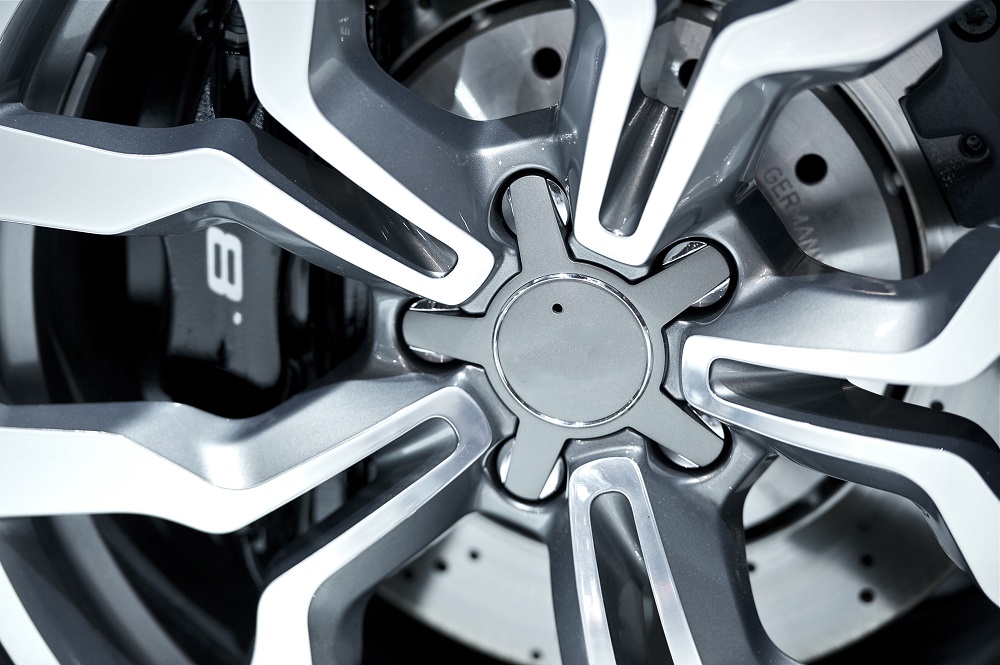A Complete Guide to BMW Auto Repair Issues

Automobiles made by Bavarian Motor Works, more commonly known as BMW, are known for their luxury and unrelenting quality. There’s a reason that BMWs have become so renowned; they represent the pinnacle of excellence in the auto world. With tremendous power, graceful styling, and sophisticated amenities, BMWs are coveted in the pre-owned car market.
However, like any make of automobile, the BMW isn’t without its faults, as few as they may be. There are a few common repairs that are routinely made by shops specializing in BMW auto repair in Houston. Some of these problems represent mere inconvenience, while others can be more extensive and require the expertise of a trained BMW repair technician. Keep reading to learn more about a few of the most common repairs that are required on BMWs.
Cracked Alloy Wheels
Alloy wheels are stock on most BMWs because they provide an upgrade in performance and handling over the more common steel or aluminum wheels. However, that performance comes at a price, as alloy wheels on BMWs are more prone to cracking than wheels made of other materials. Cracked wheels are problematic because they can damage your tires and lead to an unexpected flat. Cracks are so common that, if you own a BMW with alloy wheels and haven’t yet experienced a crack, consider yourself lucky. Fortunately, those wheels can sometimes be repaired, but you may also have to replace the damaged wheel.
Oil Leaks
In fairness, BMWs aren’t the only German-made cars that are known for oil leaks. However, there’s a common oil leak issue with many BMWs even though the cause of the oil leak differs. Oil leaks could stem from a leaky valve cover gasket, oil pan gasket, or failing fuel pump. In some cases, the culprit is the rear main seal on the drivetrain or the oil filter housing gasket or timing cover gasket. The repair for oil leaks from each of these causes is different, and the extent of the repair varies. For example, the front suspension must be removed to replace the oil pan gasket on many models but repairing the oil filter housing gasket is a much simpler job.
Steering Wheel Vibrations
Some BMWs, especially those in the 3 Series, are known to sometimes exhibit shaking or vibration that can be felt through the steering wheel when the brakes are applied. This sensation is caused by failing thrush arm bushings, which are critical components in the suspension system of many BMWs. Shaking can also sometimes be felt if the brake rotors are pads are bad and need replacement.
Tail Lamp Assembly Replacement
The tail lamp assembly in some models of BMW can leak minute amounts of moisture over time. That can compromise the electrical connection through corrosion, leaving a BMW with malfunctioning tail lamps and a warning light on your dash to warn you of the situation. Replacing the bulb alone won’t remedy the issue, as often the entire tail lamp assembly must be replaced to restore function.

Engine Cooling System
Some BMWs have a tendency to overheat, a condition which stems from the engine cooling system. There are many components that help keep a BMW engine cool, including the radiator, cooling fan motor or clutch, fan control module, or condenser fan motor. There are also numerous coolant hoses and a coolant expansion tank that are critical to the coolant system but can fail over time due to the harsh conditions they endure. BMWs may also overheat due to a faulty water pump or bad thermostat. Since the range of repairs is large when your engine overheats, it’s best to have a trained technician diagnose the problem and provide the proper repair.
Though BMWs represent some of the greatest luxury vehicles currently manufactured, they aren’t immune to a few common issues that must be repaired. If you’re experiencing any of these problems or any others with your BMW, contact Bemer Motor Cars at (713) 266-2690.